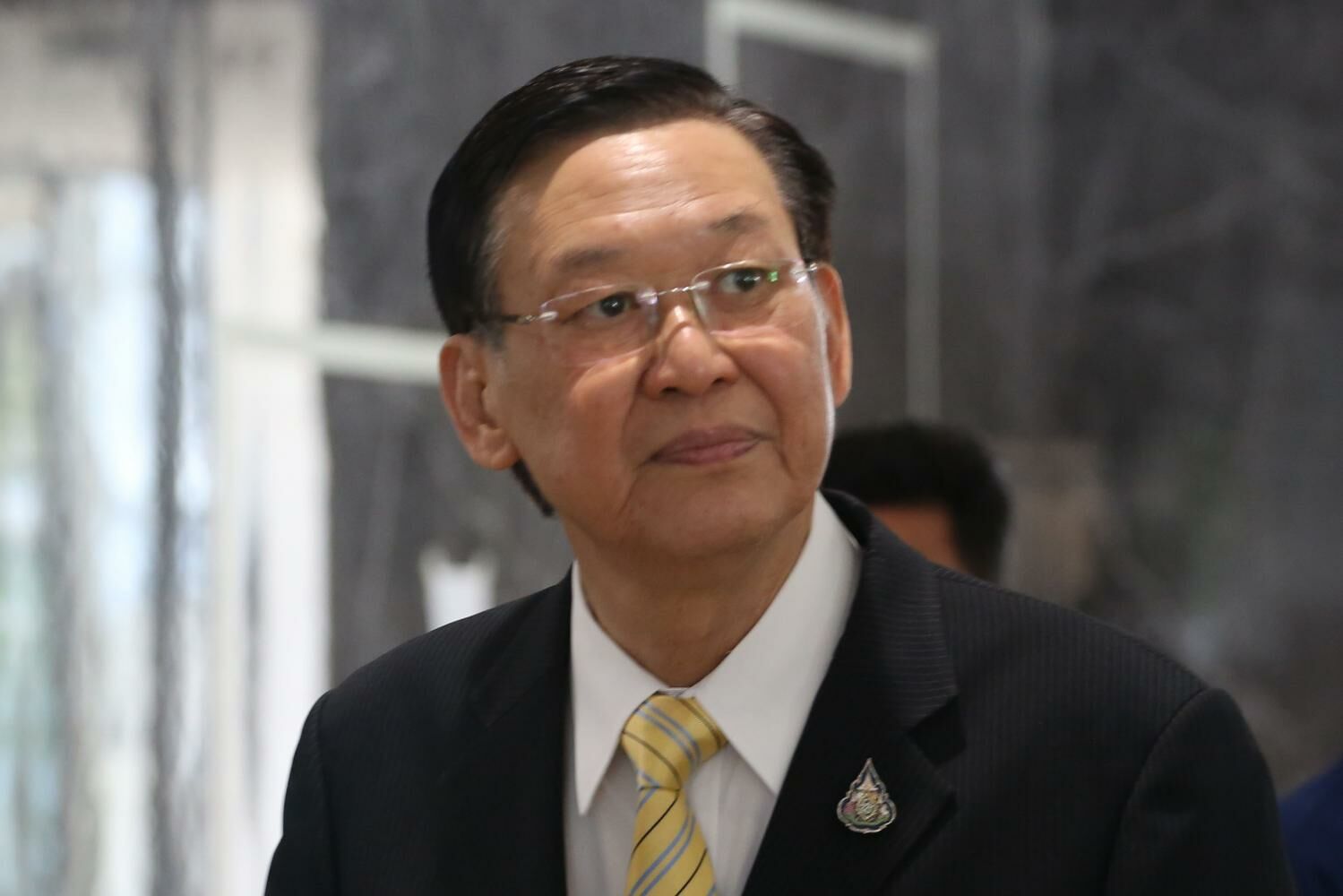Thai-Cambodian MoU under scrutiny for constitutional violation

The Thai-Cambodian Memorandum of Understanding (MoU) on joint development in the Gulf of Thailand, signed in 2001, is now under scrutiny for potential violation of the Thai constitution. Paiboon Nititawan, Palang Pracharath Party’s (PPRP) deputy leader, has requested the Office of the Ombudsman to petition the Constitutional Court to examine the MoU’s legality.
Paiboon’s petition argues that the MoU was not approved by the Thai Parliament before its signing, rendering it legally ineffective from its inception. He identifies the Department of Treaties and Legal Affairs and the Ministry of Foreign Affairs as the entities responsible for this alleged constitutional breach.
Despite acknowledging the absence of parliamentary approval for the MoU, Paiboon stated that both departments continue to use the MoU as a reference for agreements between the two nations. This pertains particularly to the 26,000 square kilometres of territorial waters in the Gulf of Thailand, over which Thailand has sovereignty.
The MoU is cited whenever Thailand and Cambodia attempt to negotiate further agreements regarding the sharing of natural resources within these territorial waters. These resources are estimated to be worth more than 20 trillion baht (US$545 billion), according to Paiboon.
Paiboon’s request to the Ombudsman includes a proposal for the Court to order the mentioned departments to cease using the 2001 MoU in their work related to demarcating the disputed territorial waters.
Paiboon believes that if the Court determines the 2001 MoU to be unconstitutional and legally void, Thailand will be better positioned in future disputes over overlapping Thai-Cambodian claims. This is based on the 1969 Vienna Convention on the Law of Treaties, which states that an agreement is null if it is incomplete from the start.
Paiboon also noted that Cambodia consistently defends its position by referring to the 2001 MoU, arguing that Thailand formally recognised these territorial waters as areas of overlapping claims between the two nations, reported Bangkok Post.
If the Cambodian government does not acknowledge the potential invalidity of the 2001 MoU, Paiboon has urged the Thai government to refer the matter to the International Tribunal for the Law of the Sea in Hamburg, Germany.
Latest Thailand News
Follow The Thaiger on Google News:


























